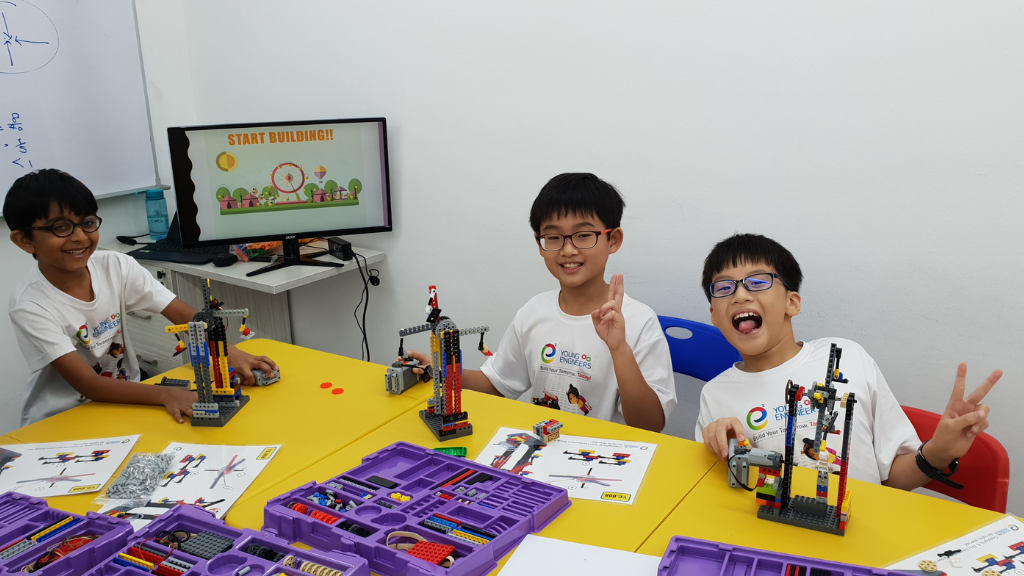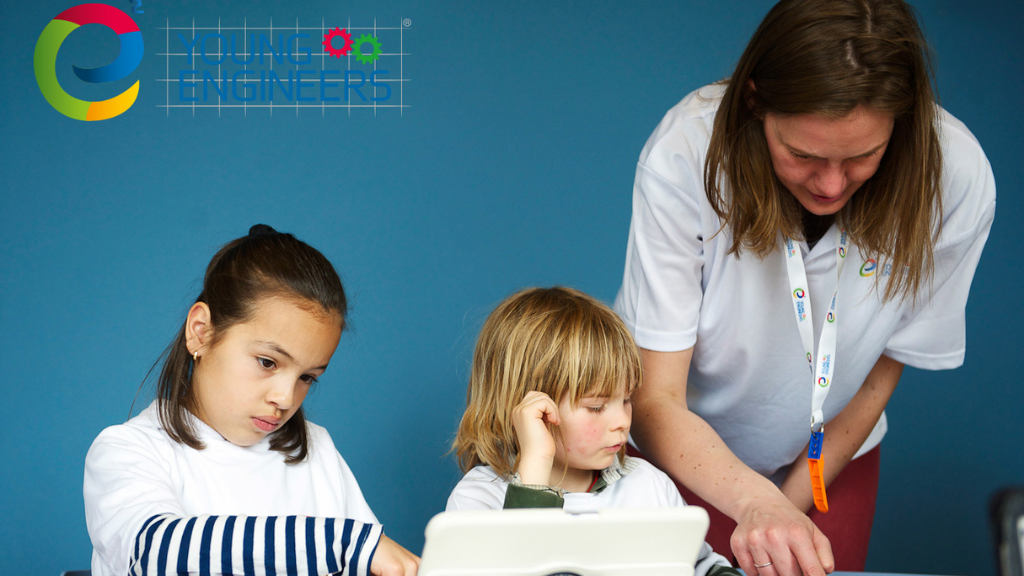Formal education is important—it is systematic, deliberate, subject-oriented, and has helped shape many of the successful leaders and experts we see today. But it’s important to know that intelligence comes in other forms too, not just academically. There is another form of intelligence that is just as important as cognitive intelligence (IQ), and that is emotional intelligence (EQ).
What is emotional intelligence (EQ)?
Emotional intelligence, or also known as emotional quotient (EQ) is the ability to perceive, control, evaluate and express emotions. It’s about understanding why you reacted a certain way, empathising with others, overcoming conflicts, communicating efficiently, connecting with your feelings, and many more. High EQ helps to build strong relationships, succeed at work or school, make informed decisions, and achieve personal or professional goals.
EQ can greatly help children with learning and thinking differences. Because once they are smart about their feelings, they will be able to understand and act on emotions positively and effectively.
Here are some examples of EQ attributes:
- Self-awareness
Understanding their feelings and knowing how it affects them and others.
- Self-regulation
Knowing how to respond to their emotions and not acting on impulse.
- Motivation
The ability to achieve goals despite having negative feelings.
- Social skills
Understanding what kind of behaviours will attract positive responses from others.
- Empathy
The ability to understand how others are feeling.
Ways to raise an emotionally intelligent child
Now that you know how important it is for a child to have high eq, how can you, as a parent, raise an emotionally intelligent child?
1) Be aware of their emotions
Just like how we are aware of our feelings and are sensitive to our emotions, we should do the same for our children too. Children don’t have to amplify their emotions to be acknowledged. When they show you how they’re feeling, give them full attention and validate their emotions by letting them know that you understand what they are experiencing.
2) See emotions as an opportunity to connect
Don’t see children’s emotions as an inconvenience. Because when children do show emotions, that is the perfect time for you to communicate with them. Instead of telling them off for sharing their frustrations, teach them how to calm themselves. For instance, teach them how to take deep breaths whenever they feel angry. This will further train them to better cope with their emotions and react to certain situations appropriately.
3) Label their emotions
Yes, put a name to their emotions! To understand their feelings, they need to first know them. Here’s an example, if they show you that they are sad, say “Are you feeling disappointed that we couldn’t go to the park today?” or if they are feeling cheerful, say something like “You look very happy! Do you like going to the park?”. Describe to them the emotions that they are displaying to allow them to understand their feelings better.
4) Model ways to express feelings
Young children may not know how to react to certain situations yet. So, it is up to you to show them how. The best way to do this is to model these skills yourself. You can use everyday words to explain emotions to them, for example, say “I feel angry when I see adults yell at young children” or “I feel happy when my children love my cooking!”.
5) Assist your child in developing problem-solving skills
Here’s something that you shouldn’t get confused with—all emotions are acceptable but not all behaviours are. Part of building EQ is to know how to solve problems. If your children are angry at their friends or with each other, teach them to come up with at least five ways that can help solve their problem. Once they have come up with the five solutions, go through those solutions one-by-one and assist them in picking out the best one. This is to show them that mistakes do happen, but they can be solved if they know how to communicate and control their emotions.
Last but not least, what many parents may not know is that high EQ is linked to high IQ, a type of intelligence that is used to determine academic abilities. Children with high emotional intelligence happen to perform better on standardised tests and tend to achieve higher grades.
So, instead of focusing only on children’s IQ, you should also focus on their EQ. Here at Young Engineers Singapore, our children are taught to master both IQ and EQ through fun and engaging plays. For more information about our enrichment programmes, get in touch with us now or email us at admin@youngengineers.sg.


